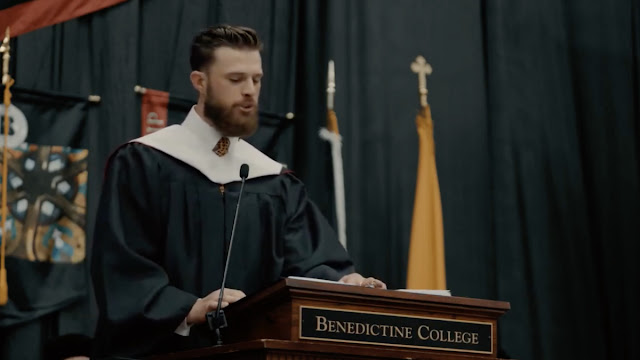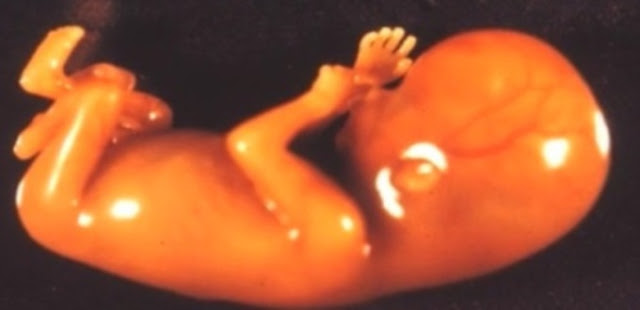Empty Sky Liberalism and the Post-Christian World
By David C. Innes - Posted at The American Reformer:
Published May 6, 2024
Freedom Uncoupled from Truth Leads to BondageEditor’s Note: This article is adapted from an address delivered at the 2024 Providence Faith and Life Conference in Scottsdale, Arizona.
To walk wisely and effectively in the world, a Christian must understand the world – the world as it is, not as we imagine it to be. We are not living in the Christian world of our parents’ youth. Ours is a “post-Christian” world.
At the height of Beatlemania in 1966, John Lennon got himself in a mess of trouble for remarking publicly that the Beatles were “more popular than Jesus.” The English-speaking world at the time was far from a holy city on a hill, if it ever has been. But, in America, the fact that he had to publicly apologize and explain himself indicates that we were a functionally Christian society. The public pieties were Christian pieties. Today, the expectation of having to abase oneself for a blasphemous remark, even if only from business prudence, is inconceivable. What is fully expected, rather, is that your social or celebrity cred will increase by violating Christian norms, and that you would get into that level of trouble only by offending the current pieties of liberal progressivism, or wokeness. This is the post-Christian world.
Our transition from a predominantly Christian world to post-Christian was not a sudden cultural shift, traceable to “the sixties” or the Clinton presidency or any such recent turn in the road. Nor can it be reversed by the right candidate and outcome of a presidential election. It has not been as superficial as the co-opting of certain elites by a generation of college radicals and a few corrupt financiers. It is a development in Western civilization as a whole, rooted deep in the beginnings of modernity, and, like the Christian view, it is comprehensive in its scope, reaching to our views of God, man, and the universe.
The post-Christian world introduced a different metaphysics – an empty sky; a different hope – the perfection of our earthly life; and a different morality – personal autonomy. The result has been predictably, catastrophically, and unsustainably inhuman, explaining much of what appears to a traditional Christian and to common sense as a world-gone-mad.
As such, the post-Christian world is in existential crisis. It is tottering and scared. But a way of life will not crumble and vanish without something organized and confident to replace it. The wise Christian must therefore ask: what is the post-Christian, how is it still dangerous, and what will revitalize Christian civilization?






Comments
Post a Comment
Please feel free to comment, but profanity, anti-Christian or argumentative comments will not be published. Thank you, ed.